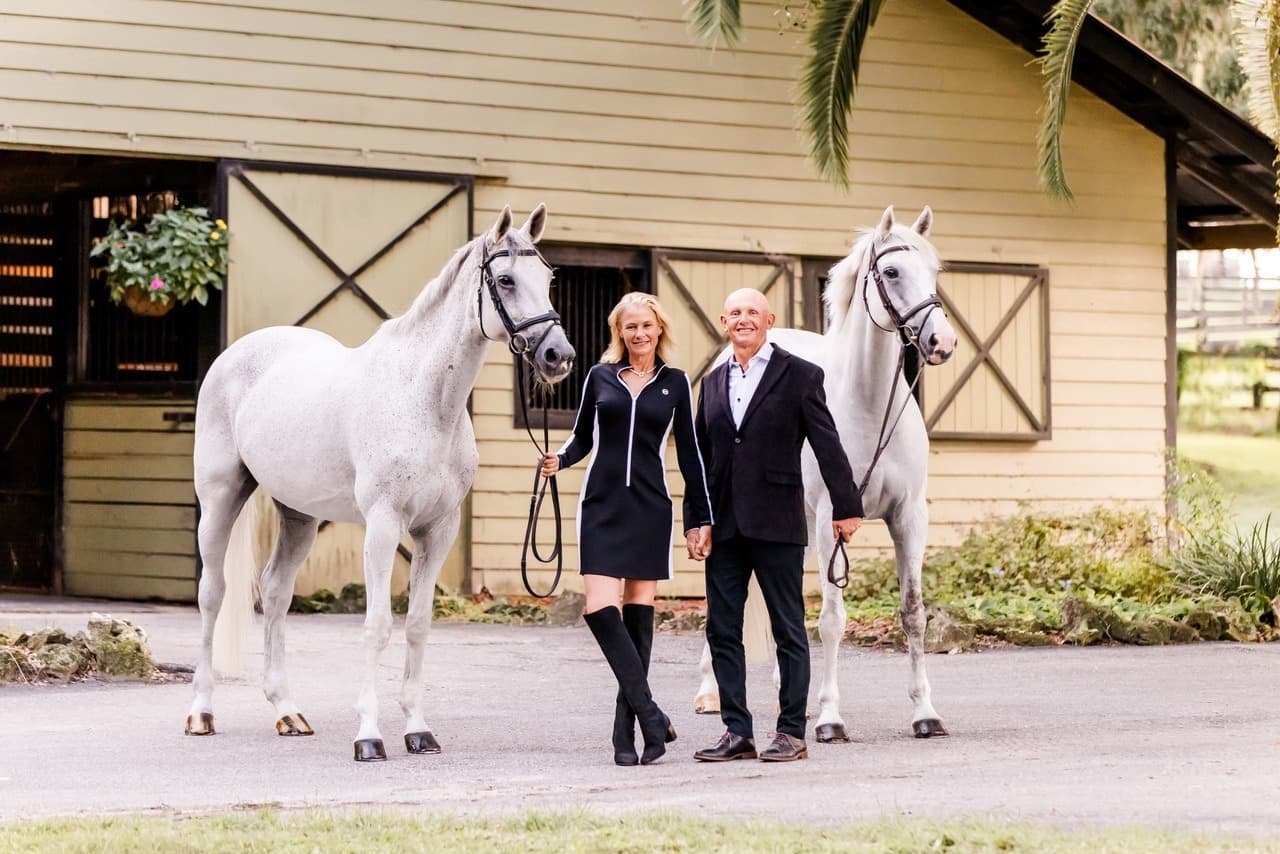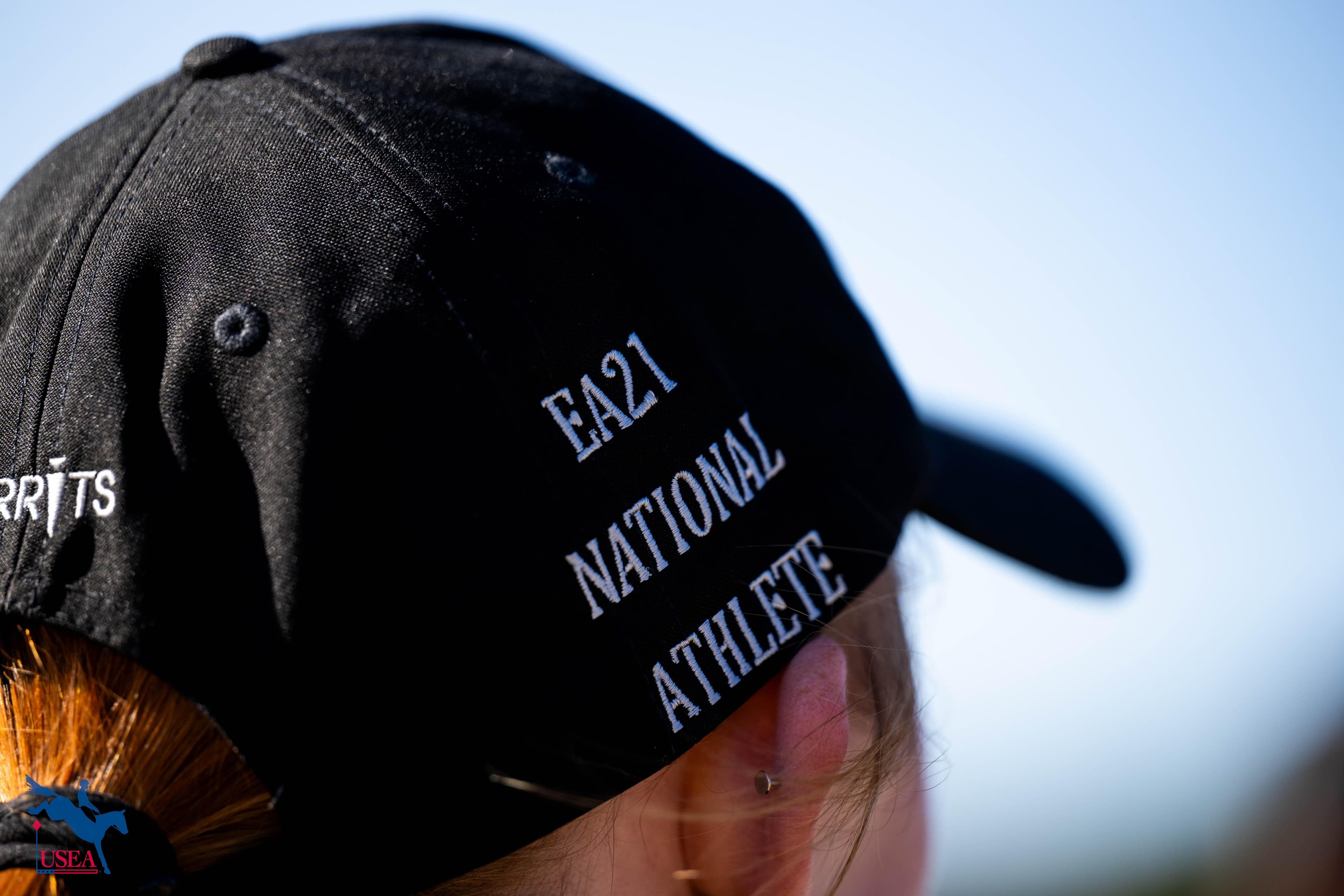Colic: What's New with Dr. Nathaniel White
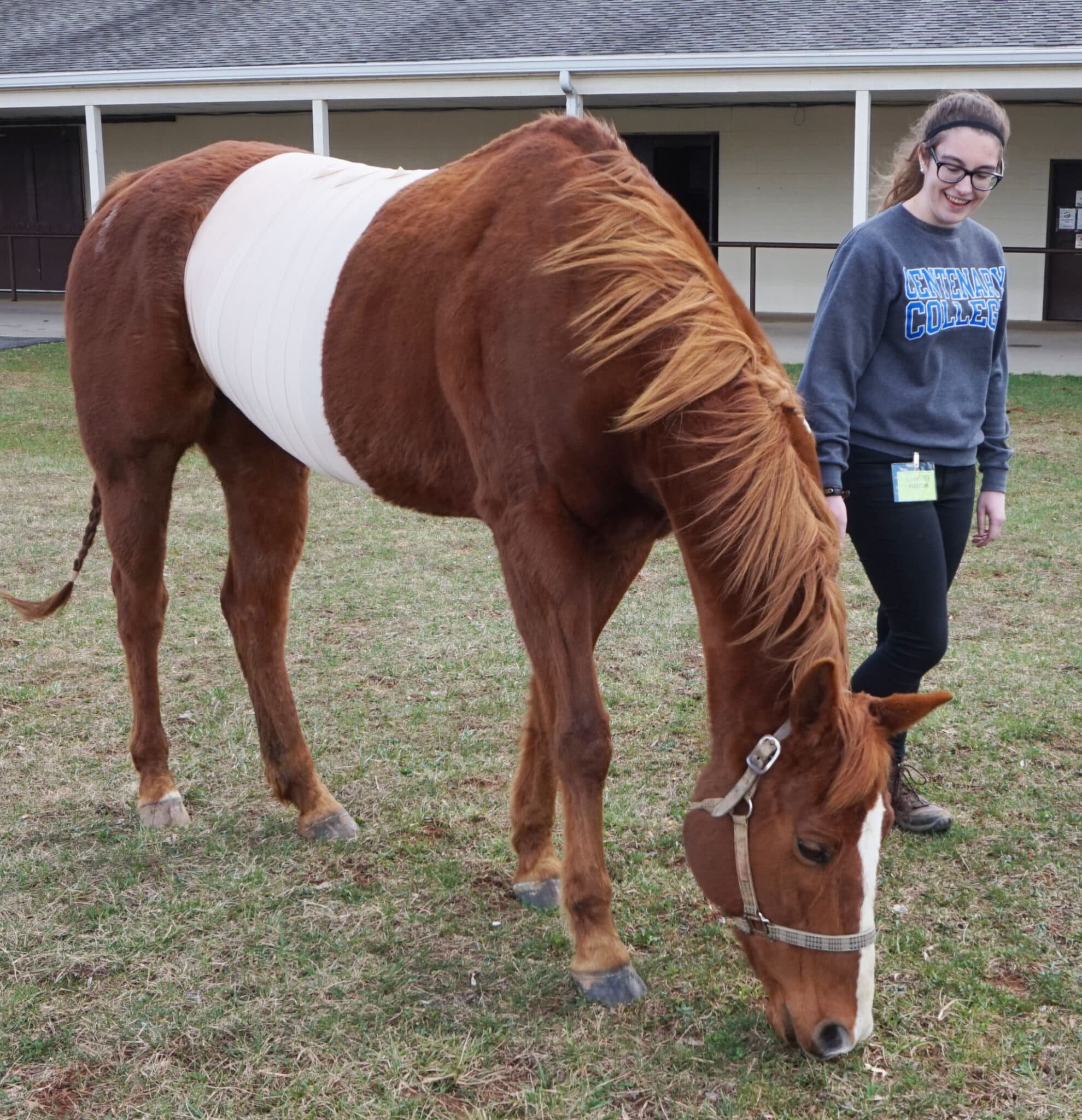
This spring Virginia Tech’s Marion DuPont Scott Equine Medical Center has welcomed local horse-enthusiasts to a series of lectures lead by leading experts. These “Tuesday Talks” cover a wide variety of topics, and this most recent discussion focused on colic and the newest research and advancements regarding the disease. Dr. Nathaniel A. White II, a Professor Emeritus of Equine Surgery and world-renown colic expert, lead the audience through the most late-breaking research.
Research has begun to show empirical evidence linking pain level with the likely outcome of the colic. White explained that it has been observed that more traditional behaviors like depression, longer periods of recumbancy and flehman, also known as a horse flipping his lip up, are on average associated with a medically solved or non-surgical colic. Conversely, other responses such as kicking at the abdomen, pawing, thrashing and violent rolling have shown a much higher association with needing a surgical treatment. This supports veterinarians observations that when horses experience a higher severity of pain, they exhibit these less traditional responses, and are more likely to be candidates for a emergency surgery. Although there is now data that shows association of pain with severity , there is still no exact science to determining if a horse needs surgery. “Despite everything we’re learning, there is still a diagnostic dilemma regarding the need for surgery,” White elaborated.
New research has also been released which helps veterinarians better diagnose what kind of colic a horse is experiencing. White explained that when a higher concentration of lactate is observed in the peritoneal fluid, it can indicate that intestines are not receiving an adequate blood supply. This can often mean the horse is suffering a strangulated gut. Veterinarians can now routinely check lactate levels even stall side thanks to the recent development of handheld portable analyzers. “The portable lactate tests are not as accurate, but can have reliable results when completed as sequential tests,” White reports. Veterinarians now can also measure lactate levels during surgery to better asses a horse’s risk for complications or death. Horses with significantly elevated levels of lactate in the blood during anesthesia were found to have 10 times the risk of complications.
Although this new research can help us better assess colic, White reminded the audience that assessing things like heart rate, pain severity and lactate concentration, even all considered, still cannot be used as an absolute predictor for survival.
Colic reoccurrence is a major issue that worries all owners of horses recovering from colic. Scientists in the UK have found that horses who experience any type of colic are 3-6 times more likely to have a colic again. At a recent Colic Research Symposium a study lasting eight years, involving 1412 horses who underwent colic surgery found 964 horses had successful surgeries and were discharged. Followup findings indicated that 26.9% of horses who had a successful surgery died. Over the entire 8 years the researchers determined 49.7% of surviving horses had at least one colic after surgery.
Now that scientists have concrete evidence that horses who suffer a colic will be more susceptible to another, they are working to establish exactly why this happens. One theory is that horses who seem very susceptible to colic may have intestinal inflammation of unknown cause. Evaluation of intestine from horses with recurrent colic found 50% had 50% intestinal inflammation, suggesting this inflammation may be a precursor to recurring colic.
Similarly, myenteric ganglionitis (inflammation of the nerves in the intestine) is also suspected to cause colic. White explained that these ganglia are cells of the nervous system which send signals to and from the intestinal muscle. Horses who have an colon obstruction that lasts over 24 hours or a strangulated intestine have a loss of these myenteric nerve cells. With this disruption of nervous system communication lack of motility or irregular contractions can result in stasis or excess movement. White also noted that it is not clear if myenteric ganglionitis causes the lack of motility, or if the lack of motility causes inflammation in the ganglia. “It’s the discussion of what came first the chicken or the egg,” he said.
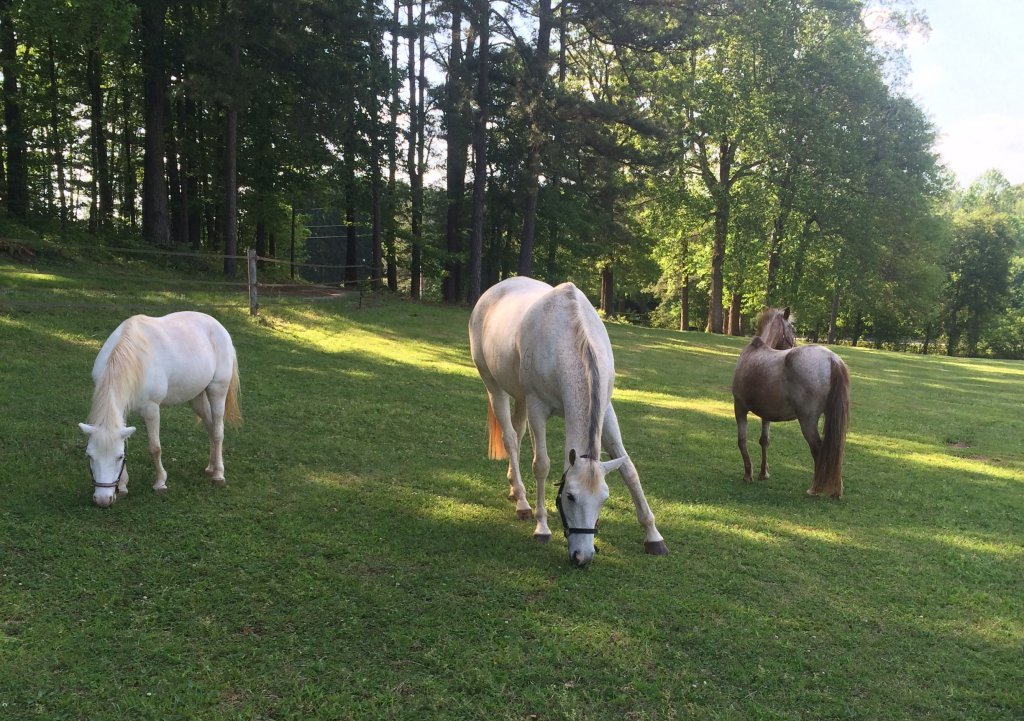
 White suggests as much turnout as possible for high-risk horses.
White suggests as much turnout as possible for high-risk horses.
White ended the talk with a discussion on colic prevention:
- Carefully formulated diet consisting of 70% forage. White advised that horses at high risk of colic should have the least amount of grain in their diet as possible. He also encouraged horse owners to get hay tested in order to understand their horse’s exact energy intake
- As much turnout as possible
- Free choice water
- Little to no grain, if possible.
- Strict daily feeding and exercise schedule
- Increased monitoring during lifestyle changes in exercise, turnout or medical treatments.
In a 2014 study, researchers found changes in housing and diet change the intestinal environment. A group of horses were moved from pasture to stall rest, meaning they began to eat hay rather than grass. Within 24-48 hours, horses were observed to have a decreased fecal output, increased water intake, increased fecal dry matter and via ultrasound researchers observed decreased gut motility. White explained this research should urge horse owners to use caution when abruptly putting horses on stall rest, and increase monitoring so that any potential colic can be caught early.
White, who has conducted many studies regarding equine colic, explained to the audience that with every study, veterinarians get another piece of the colic puzzle. He informed the audience that many colic treatments, including some mentioned during his lecture, are products of this kind of research and he has high hopes for continuing colic research and education in the years to come.
About Dr. Nathaniel A. White II, DVM, MS, Diplomate ACVS
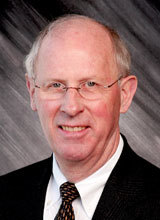
Dr. White is a professor of surgery at Virginia Tech’s Marion duPont Scott Equine Medical Center. After receiving a doctor of veterinary medicine at Cornell University in 1971, he completed an internship and residency in surgery at the University of California-Davis from 1971 to 1973, and earned a master of science in pathology at Kansas State University in 1976. He is a Diplomate of the American College of Veterinary Surgeons (ACVS). Dr. White, who has served on the faculties of both Kansas State University and the University of Georgia, joined the Marion duPont Scott Equine Medical Center in 1985, and held the position of Theodora Ayer Randolph Professor of Surgery at Virginia Tech from 1987 to 2003. He was the Jean Ellen Shehan Professor and Director from 2003-2012 and was named Professor Emeritus in Equine Surgery in September 2013.
A world-renowned expert in colic, Dr. White has authored several books on the topic including Equine Acute Abdomen, and Handbook of Equine Colic as well as the surgical texts Current Techniques in Equine Surgery and Lameness, and Current Practice of Equine Surgery. He has been a director for the ACVS Veterinary Symposium since 1997, and is a past president of the ACVS and of the ACVS Research and Education Foundation. Dr. White is a former director-at-large for the American Association of Equine Practitioners (AAEP) and is a past AAEP President. Dr. White’s research interests include pathophysiology of ischemia-reperfusion, epidemiology of colic, abdominal and orthopedic surgery, and treatment of orthopedic diseases. He is a member of the AAEP, the ACVS and the American Veterinary Medical Association.


